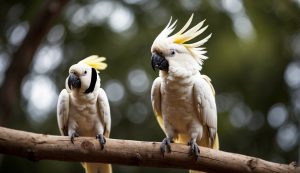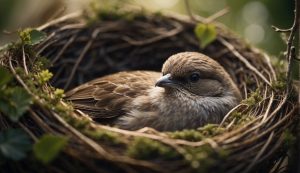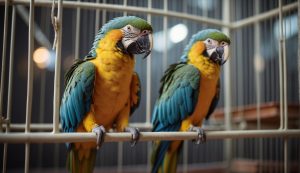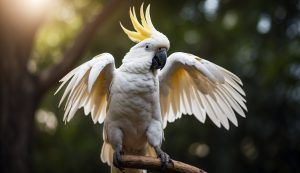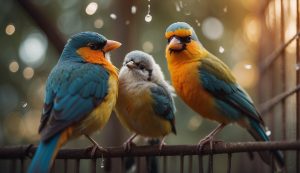Are Ravens Good Pets? All You Need to Know
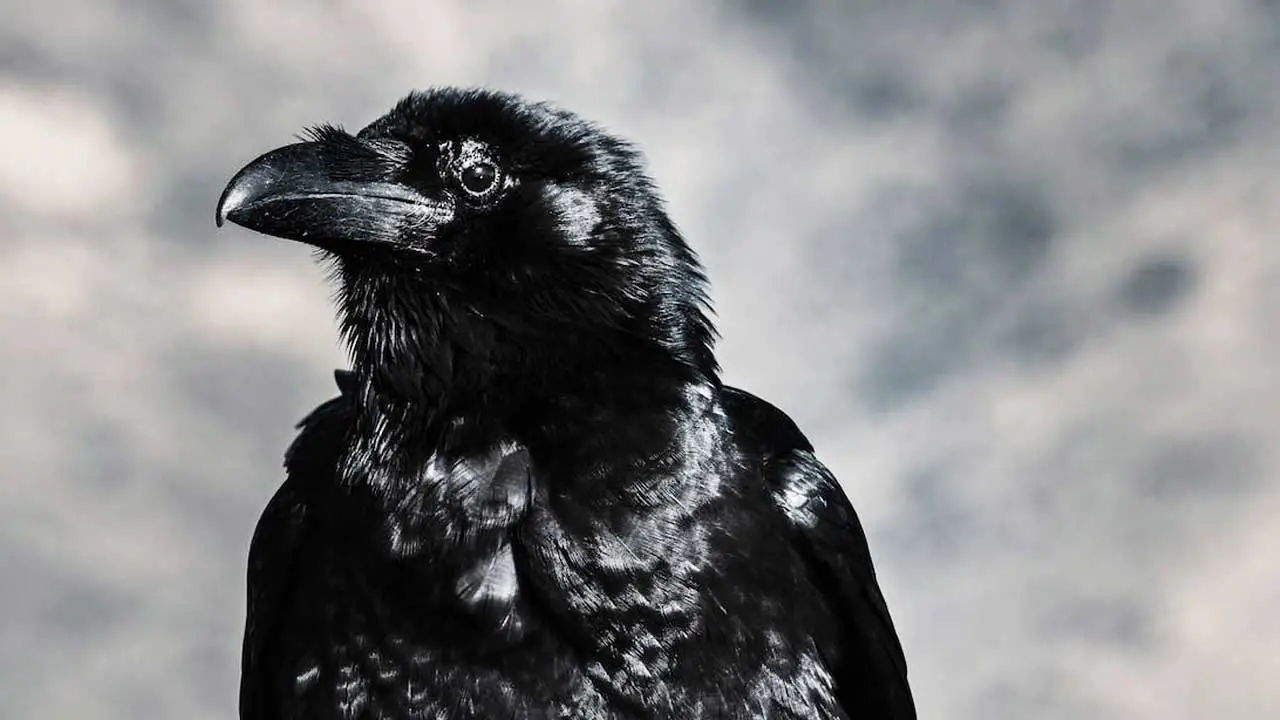
As someone who has spent years studying and caring for birds, I’m often asked whether ravens make good pets. The answer is not a simple yes or no, as these intelligent and fascinating creatures have unique needs and behaviors that make them both challenging and rewarding companions.
In this article, we’ll explore everything you need to know about keeping ravens as pets, from their diet and housing requirements to their social and cognitive abilities.
Whether you’re a seasoned bird owner or just considering adding a feathered friend to your family, read on to discover the truth about keeping ravens as pets.
Table of Contents
Legal Considerations
Laws and Regulations
Before considering a raven as a pet, it is important to understand the laws and regulations regarding owning one. In the United States, ravens are protected under the Migratory Bird Treaty Act of 1918. This act bans the hunting, taking, capturing, killing, selling, or purchasing of any migratory birds that are native to the United States of America. Therefore, owning a raven without the necessary legal documents is illegal.
However, it is possible to obtain a permit to own a raven as a pet. The process of obtaining a permit may vary depending on your location, so it is important to research the specific requirements in your area. In addition, it is important to note that even with a permit, there may be restrictions on where you can keep the raven and how you can care for it.
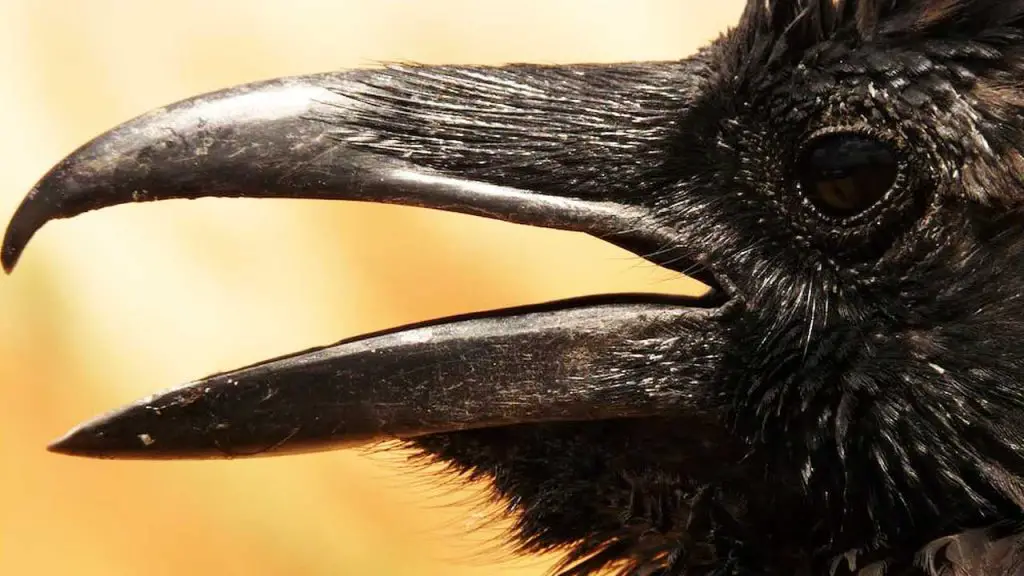
Liability and Insurance
It is also important to consider the liability and insurance implications of owning a raven as a pet. Ravens are wild animals and can be unpredictable, which can pose potential dangers to yourself, others, and your property. Therefore, it is important to have liability insurance that covers any damages or injuries caused by the raven.
When obtaining liability insurance, it is important to disclose that you own a raven and to understand the specific coverage provided. Some insurance companies may not provide coverage for exotic pets or may require additional premiums or restrictions.
In addition, it is important to take necessary precautions to prevent any potential damages or injuries caused by the raven. This may include properly securing the bird’s enclosure, providing adequate supervision, and training the raven to behave appropriately.
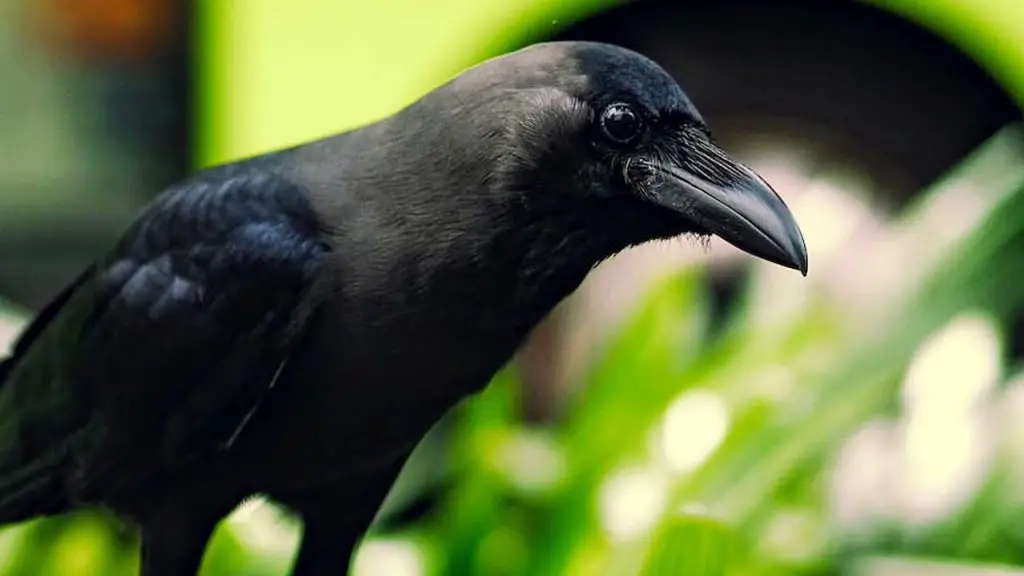
Raven Behavior
Ravens are intelligent, curious, and social birds that can form strong bonds with their owners. However, they are not suitable pets for everyone. Before deciding to keep a raven, it is essential to understand their behavior and needs.
Social Needs
Ravens are highly social birds that form strong bonds with their family members and mates. In captivity, they can form close relationships with their owners if provided with adequate socialization and attention. They can also become aggressive and territorial if they feel threatened or neglected.
It is crucial to provide your raven with enough space to fly and play, as well as plenty of toys and activities to keep them mentally stimulated. They also require regular interaction and socialization with their owners to prevent boredom and loneliness.
Intelligence
Ravens are one of the most intelligent bird species, with problem-solving skills comparable to those of apes and dolphins. They are capable of using tools, recognizing faces, and even playing games.
However, their intelligence can also make them challenging pets to keep. They require a lot of mental stimulation and enrichment to prevent boredom and destructive behavior. They can also be stubborn and independent, making training a challenge.
Training
Ravens can be trained to perform a variety of tricks and behaviors, such as retrieving objects and mimicking sounds. But training requires patience, consistency, and positive reinforcement.
It is essential to start training your raven at a young age and to use only positive reinforcement techniques, such as treats and praise. Punishment or negative reinforcement can cause fear and aggression in ravens.
Overall, ravens are fascinating and intelligent birds that can form close relationships with their owners. However, they are not suitable pets for everyone and require a lot of attention, socialization, and mental stimulation to thrive in captivity.
Housing and Care
If you are considering keeping a raven as a pet, it is important to provide proper housing and care to ensure their well-being. This section will cover some important considerations for housing and caring for your pet raven.
Cage and Environment
When it comes to housing your raven, it is important to provide them with a spacious and secure cage. The cage should be large enough for the raven to move around freely and stretch their wings. It is also important to provide plenty of perches and toys to keep them entertained and stimulated.
The environment in which you keep your raven should be safe and secure. Ravens are intelligent and curious birds, and they can be quite mischievous. Make sure that the cage is secure and that there are no hazards in the surrounding area that could harm your pet.
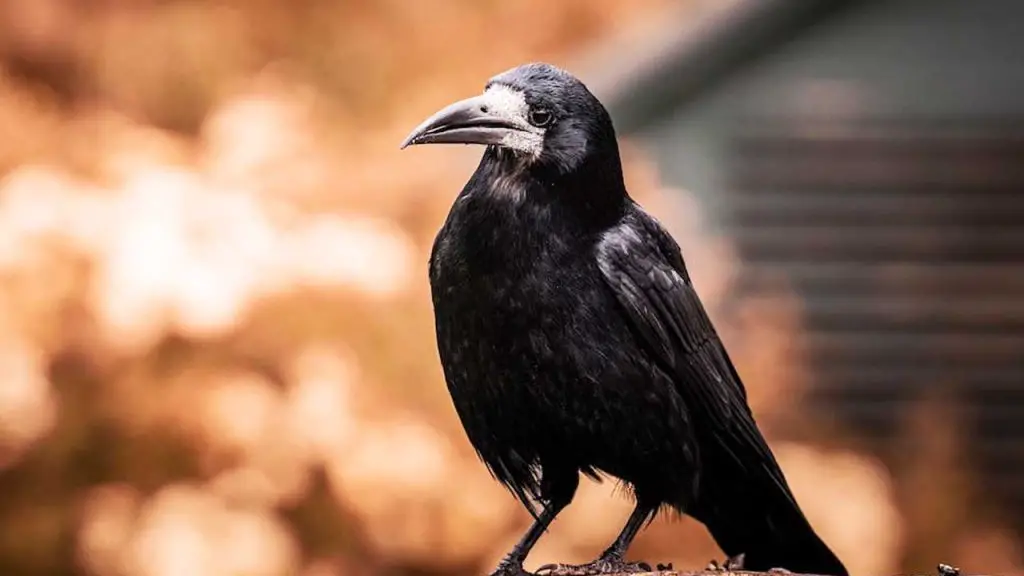
Diet and Health
Feeding your raven a healthy and balanced diet is essential for their health and well-being. In the wild, ravens are opportunistic feeders and will eat a variety of foods, including insects, small animals, and carrion. In captivity, it is important to provide a diet that is nutritionally balanced and appropriate for their needs.
A balanced diet for a pet raven should include a variety of foods, including high-quality commercial bird feed, fresh fruits and vegetables, and occasional treats such as cooked meat or eggs. It is important to avoid feeding your raven foods that are high in fat, sugar, or salt, as these can be harmful to their health.
Regular veterinary check-ups are also important for maintaining your raven’s health. It is important to find a veterinarian who is knowledgeable about birds and who can provide the necessary care and treatment for your pet.
Conclusion
After researching and considering the information provided, it is clear that ravens are not good pets. Although they may seem fascinating and intelligent, they are wild animals that require a lot of attention and care. Keeping them in captivity can be harmful to their well-being, causing them to become bored and agitated.
Ravens are known for their territorial and curious nature, which can pose potential dangers to their owners and other pets. They can become aggressive, noisy, and needy, creating a lot of mess and chaos in the household. Additionally, owning a raven requires a permit, which can be difficult to obtain.
While there may be ways to have a raven as a companion without keeping them locked up, it is important to consider the risks and consequences carefully. It is recommended to enjoy these fascinating birds in their natural habitat and appreciate their beauty from a distance.

